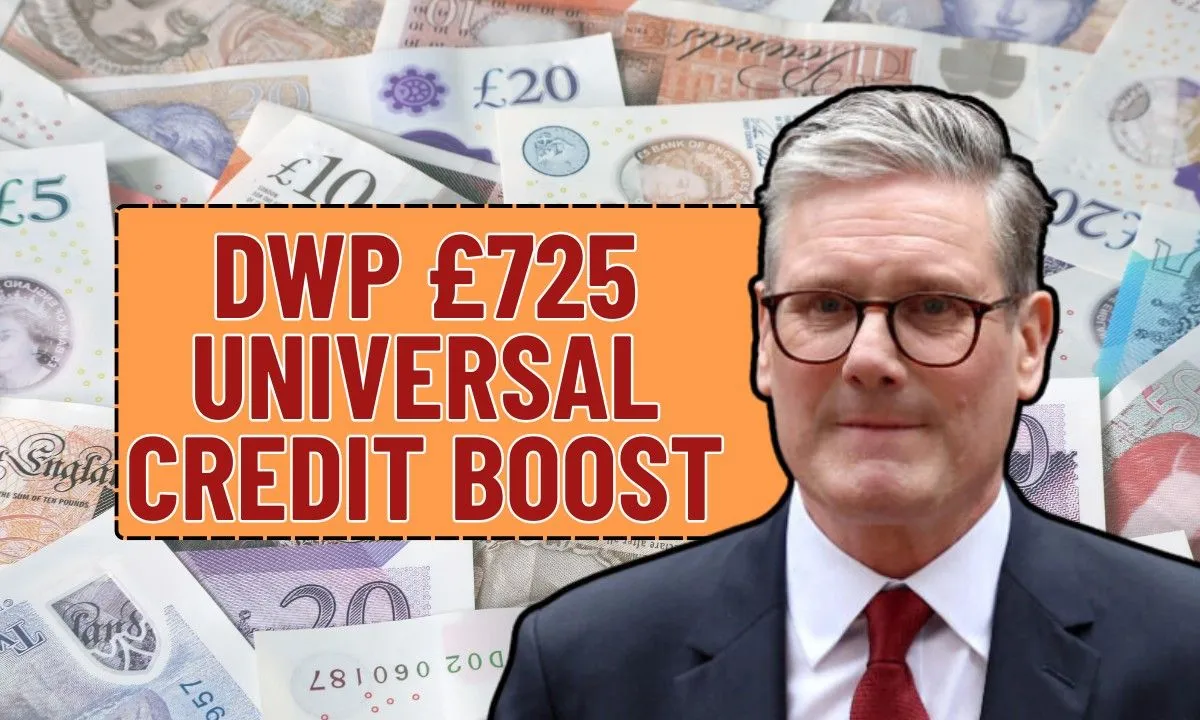The UK government has announced a big change for people on Universal Credit. From April 2026, almost four million households will see an average annual increase of £725. Experts say this is the biggest real-terms boost to out-of-work support in decades. Along with the extra money, the government is also introducing new ways to help people find work and protections for the most vulnerable. This makes it one of the most important changes to welfare in years.
What the Universal Credit Increase Means
This increase isn’t just a one-time payment. The Universal Credit Act 2025 makes it permanent. Adults, especially those aged 25 and over, will see their standard payments rise, and these payments will continue to grow with inflation. The DWP is also adjusting how health-related benefits work alongside standard Universal Credit, making it fairer for those who can work while still supporting those who can’t. Analysts say this is the biggest real-terms increase in Universal Credit since the 1980s, giving families who depend on it more stability.
A Safer Way for Disabled People to Try Work
The reforms include something called the “Right to Try Guarantee.” This lets people with disabilities or long-term health conditions try work without losing their benefits or facing immediate reassessments. It’s especially helpful for those with conditions that change day to day or for people recovering from illness. The idea is to give disabled claimants the confidence and security to explore work at their own pace.
Extra Protection for People with Serious Health Conditions

People with severe or terminal illnesses will also see stronger protections. Around 200,000 people in the Severe Conditions group won’t have to go through regular reassessments, ensuring they continue to get support. For those with terminal conditions, payments will continue without interruption and will rise with inflation from 2026/27 through 2029/30. These measures aim to give peace of mind and dignity to the most vulnerable.
How This Helps Families Over Time
By linking Universal Credit to inflation, families can plan their budgets more confidently. It reduces the risk of falling behind on bills or living costs, and provides long-term stability. Experts believe these changes will help households manage their finances better and avoid unexpected financial stress. Knowing that benefits will keep pace with inflation gives families a stronger safety net and a better chance to plan for the future.
Support for Jobs and Skills
The DWP is also putting £3.8 billion into programs that help people find work. Initiatives like Connect to Work and the new Pathways to Work Guarantee provide skills training, health support, and one-on-one guidance to help people secure sustainable employment. The goal is to combine financial support with real opportunities to become independent and self-sufficient.
Reviewing How Disability Benefits Are Assessed
The government is reviewing Personal Independence Payment (PIP) assessments to make them fairer. Disability Minister Sir Stephen Timms is leading the review, which will include feedback from disabled people, advocacy groups, MPs, and healthcare experts. The aim is to create a process that is more transparent and reflects the real-life needs of claimants. Public input is a key part of these reforms, ensuring they are shaped by people who are directly affected.
What People Are Saying
Most people have welcomed the changes, but some charities and advocacy groups have expressed concerns. They worry that reducing certain health-related elements for new claimants could make life harder for some people. Organizations like Turn2us are urging the government to balance work incentives with the realities of living with long-term illness. Experts stress that everyone must still have access to essentials like food, housing, and medical care even as the welfare system modernizes.
A Big Step for Welfare
The £725 boost is a historic change for Universal Credit. By combining extra financial support with programs that help people get back to work and protections for the most vulnerable, the government hopes to create a fairer and more flexible system. With benefits tied to inflation and better employment support, this reform will give claimants stability, confidence, and more control over their futures. For millions of families, this change could be life-changing.

